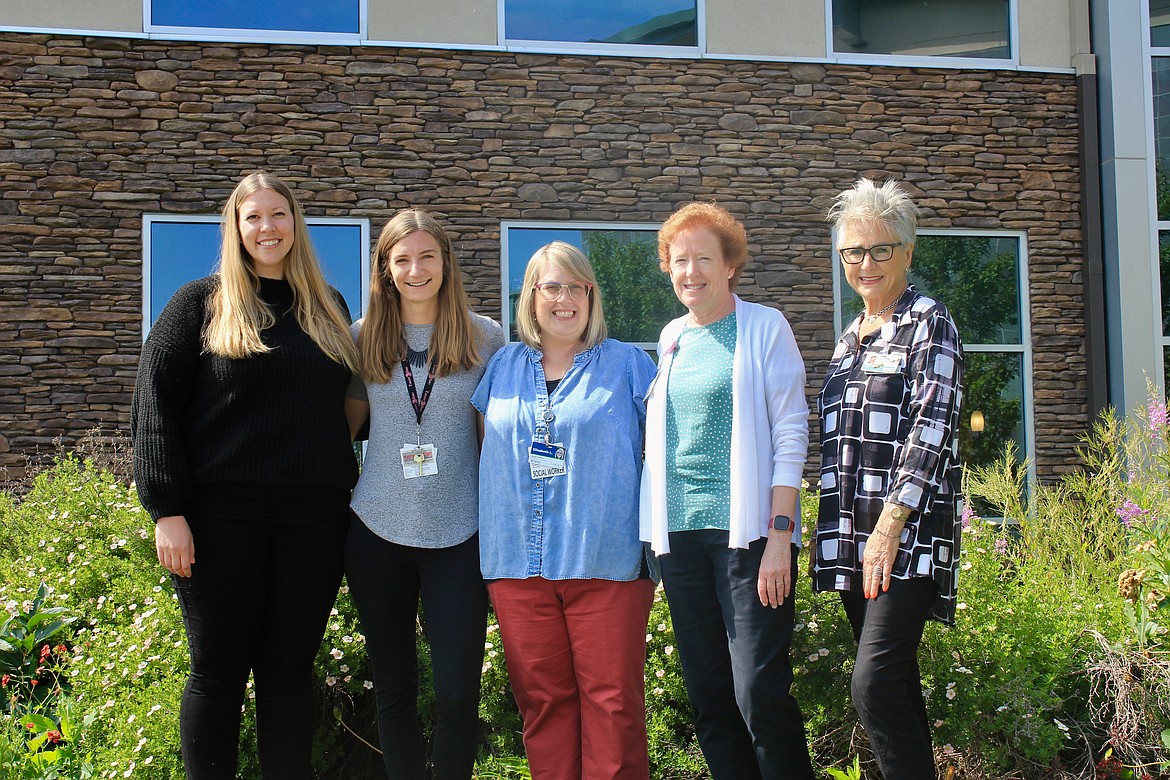Cancer navigators at Logan Health help patients through difficult diagnosis
For many in Northwest Montana, a cancer diagnosis is scary enough on its own, but figuring out how to pay for treatments or how to get to appointments can be overwhelming.
At Logan Health, a team of social workers helps patients navigate the uncertainty...
Support Local News
You have read all of your free articles this month. Select a plan below to start your subscription today.
Already a subscriber? Login
Daily Inter Lake - everything
Print delivery, e-edition and unlimited website access
- $26.24 per month
Daily Inter Lake - unlimited website access
- $9.95 per month

